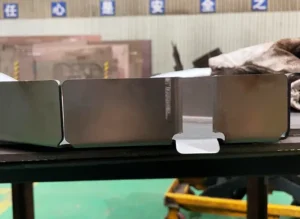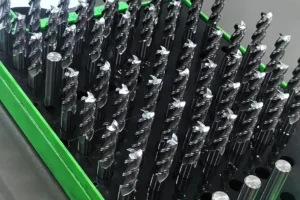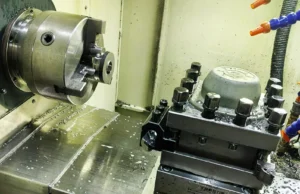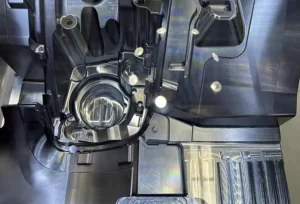
Are CNC machines exempt from sales tax?
Are CNC Machines Exempt From Sales Tax?
When it comes to manufacturing equipment, CNC machines play a crucial role in automating processes and increasing efficiency.
However, one question that often arises is whether CNC machines are exempt from sales tax.
In this discussion, we’ll break down sales tax laws to find out whether CNC machines are exempt.
Understanding Sales Tax Exemptions
Before we dive into the specifics of CNC machines, it’s important to understand the concept of sales tax exemptions. Sales tax is a consumption tax imposed on the sale of goods and services, and the rate varies by state.
However, certain items may be exempt from sales tax based on their intended use or classification.
Manufacturing equipment, such as CNC machines, are often considered exempt from sales tax because they are used in the production of goods rather than for final consumption.
This exemption is meant to incentivize investment in machinery and technology that can enhance productivity and economic growth.
Qualifying for Sales Tax Exemption
While CNC machines may be eligible for a sales tax exemption, there are certain criteria that must be met to qualify.
The specific requirements vary by state, so it’s essential to consult with a tax professional or refer to state guidelines to ensure compliance.
One common requirement for sales tax exemption is that the machinery must be used directly in the manufacturing process.
This means that the CNC machine is integral to the production of goods and is not used for unrelated purposes.
Additionally, some states may require that the purchaser of the CNC machine be a qualified manufacturer.
This typically entails demonstrating that the equipment will be used for manufacturing purposes and not for personal or general business use.
Documentation and Compliance
When claiming a sales tax exemption for a CNC machine, it is essential to keep detailed records and documentation to support the exemption.
This may include purchase invoices, manufacturing schedules, and any relevant communications with tax authorities.
Furthermore, it’s crucial to stay informed about changes in sales tax laws and regulations that may impact the eligibility for exemption.
Manufacturers should regularly review their compliance procedures and seek guidance from tax professionals to ensure ongoing compliance with state tax laws.
State-Specific Considerations
Each state has its own rules and regulations regarding sales tax exemptions for manufacturing equipment.
Some states may have specific requirements or limitations on the types of machinery that qualify for an exemption, so it’s important to research the guidelines in your state.
For example, some states may require that the CNC machine be used exclusively for manufacturing purposes to qualify for an exemption.
Others may impose restrictions on the types of goods that can be produced using the equipment to be eligible for the exemption.
Conclusion
In conclusion, CNC machines are often considered exempt from sales tax when used for manufacturing purposes.
However, the specific criteria for eligibility vary by state, and it’s essential to understand and comply with the relevant laws and regulations to claim the exemption successfully.
Manufacturers stay informed about sales tax exemptions and maintain accurate documentation.
By doing so, they take advantage of cost-saving opportunities and invest in technology that drives productivity and growth in their operations.




1 thought on “Are CNC machines exempt from sales tax?”
CNC newbies, start here.